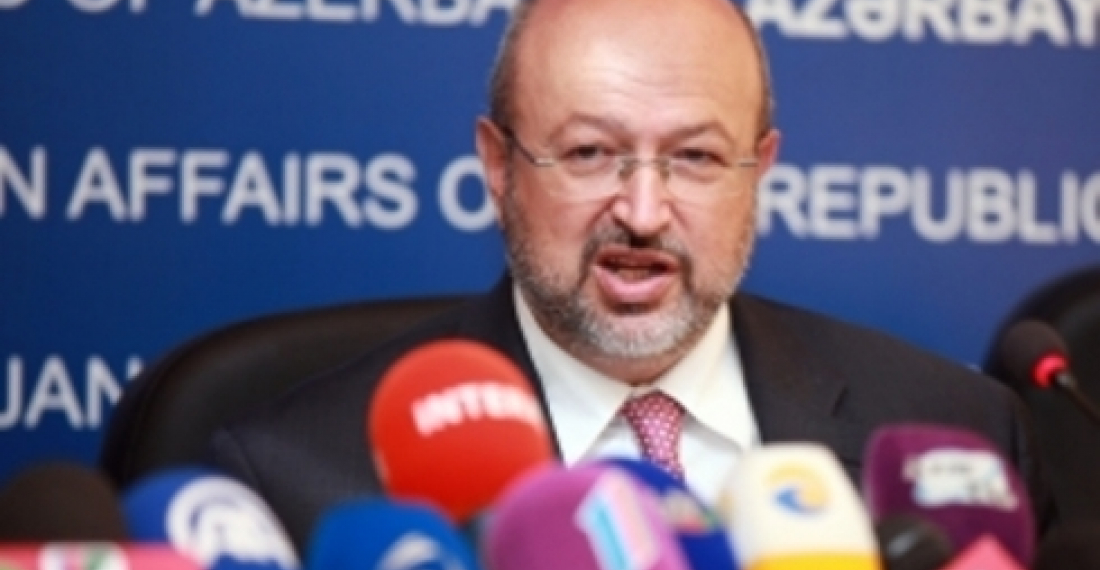Генеральный секретарь ОБСЕ, Ламберто Занниэр, прибыл сегодня с официальным визитом в Азербайджан, где подчеркнул необходимость политической воли в переговорах по мирному урегулированию нагорно-карабахского конфликта. Он подчеркнул, что ОБСЕ продолжит работать с этой страной в осуществлении ее обязательств перед ОБСЕ.
"Азербайджан, который в этом году празднует 20-летие членства в ОБСЕ, играет важную роль в работе нашей организации, в военно-политических, экономических, экологических и связанных с правами человека областях", сообщил Занниэр на брифинге для журналистов после встречи с министром иностранных дел Эльмаром Мамедъяровым.
Занниэр подчеркнул, что нагорно-карабахский конфликт представляет собой огромную угрозу для безопасности региона и задерживает экономическое развитие Южного Кавказа. Он выразил поддержку усилиям сопредседателей Минской группы ОБСЕ и личному представителю действующего председателя ОБСЕ в поиске приемлемого решения конфликта и укрепления режима прекращения огня.
"Этот конфликт не будет решен с помощью силы", сказал Занниэр. "Переговоры являются единственным путем, а политическая воля и приверженность всех участников являются важной предпосылкой для достижения прочного мирного урегулирования".
Генеральный секретарь заявил, что он "серьезно обеспокоен" недавними инцидентами на границе и на линии соприкосновения между Арменией и Азербайджаном, которые "омрачили усилия, направленные на долгожданный мир и стабильность для людей, живущих в этом регионе".
Стороны должны воздерживаться от применения силы или угроз их применения, воздерживаться от ответных мер, отвезти снайперов с линии соприкосновения и осуществить, согласованные меры по укреплению доверия, в том числе механизм по расследованию инцидентов на линии соприкосновения, подчеркнул Занниэр.
Он также отметил, что ОБСЕ готова оказать содействие в реализации договоренностей, достигнутых президентами Армении и Азербайджана в развитии личных контактов между людьми и диалога между интеллигенцией, академическими и общественными кругами.
Источник: commonspace.eu по материалам пресс-службы ОБСЕ.
Commentary
Генеральный секретарь ОБСЕ в Баку. С посещения Азербайджана начинается первый официальный визит Генерального секретаря по странам Южного Кавказа.







